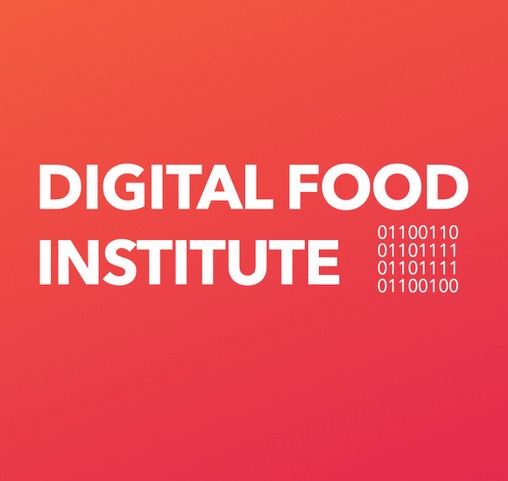By employing the validated method, the researchers were able to obtain comprehensive insights into the PFAS levels present in the sampled eggs. According to the results, organic eggs contained significantly higher amounts of PFAS compounds compared to normal eggs. This is significant because organic eggs are often considered to be of higher quality and have lower contamination levels compared to conventionally produced eggs. It is also worth mentioning that the presence of PFAS can be attributed to the use of fishmeal in animal feed. Fishmeal, which is derived from fish, has been found to contain PFAS. When the fishmeal is used in the production of animal feed, such as poultry feed, the PFAS can be transferred to the animals and subsequently to the eggs they produce.
As concerns surrounding PFAS continue to grow, it is imperative to consider the toxicological data and potential adverse effects associated with these substances. According to the European Food Safety Authority (EFSA), PFOS and PFOA, two common types of PFAS, have half-lives in humans ranging from 3 to 8 years. This information underscores the long-term persistence of these substances within the human body. Furthermore, EFSA has also found that exposure to PFAS can lead to reduced immune responses to children's vaccines, potentially impacting public health. Additionally, studies have revealed a correlation between PFAS exposure and reduced human birth weight, further emphasizing the potential risks associated with these substances. In light of these findings, it is crucial to closely monitor PFAS levels in various food products, including organic eggs.
The results of the study were presented at 29th EREN (Emerging Risk Exchange Network) meeting.

